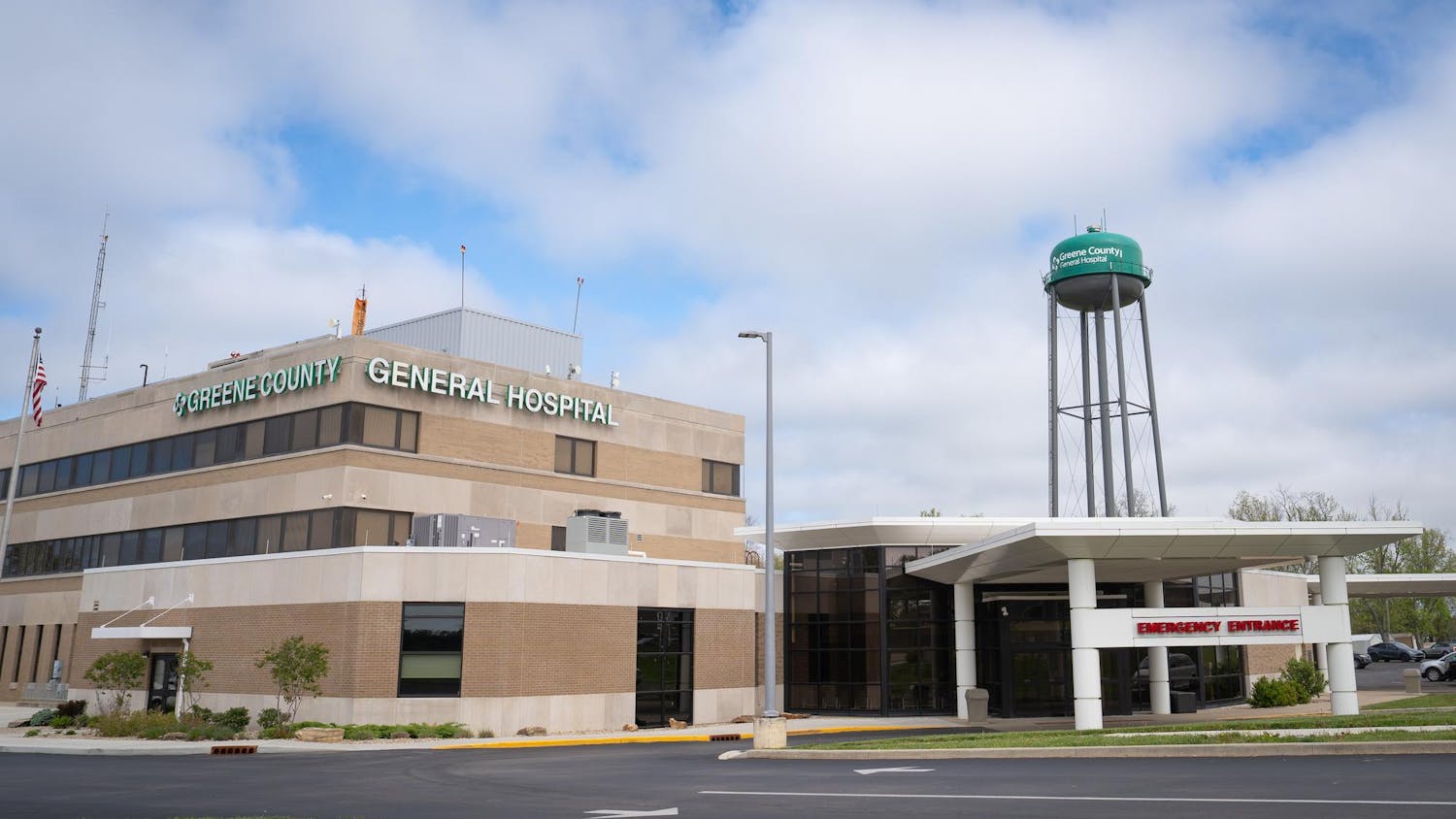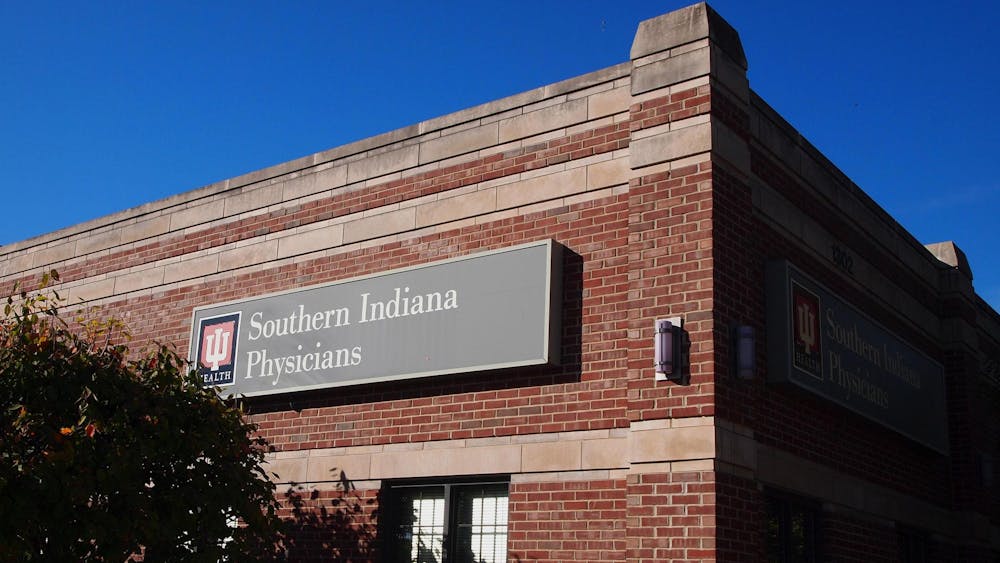National health care took a local turn Wednesday night.
Attempting to localize and tackle the issue of access to health care, the Bienestar Project presented an assessment of Latino health in Bloomington to the city’s Commission on Hispanic and Latino Affairs.
The study revealed that while in general, Latinos are satisfied with health care in Bloomington, many were unaware of where to go for information or particular services.
The study was conducted in person through interviews surveying people at local restaurants, businesses and neighborhoods.
27 percent had said they were very satisfied with health care in Bloomington, while 3 percent said they were very unsatisfied.
“We are skeptical of the results though, just because of the nature of the study,” School of Public and Environmental Affairs MPA student Kylie Nichols said.
This is a starting point to have a conversation about health care access for Latinos in Monroe County, SPEA MPA student Lynn Nguyen said.
The study covered the types of health care available, the barriers to receiving health care, perceptions about health care needs and risks among the Latino and Hispanic population.
Commission member Gracia Valliant said she was concerned the study didn’t represent the population entirely because the average respondent tended to be of the working class.
Presenter Heydi Correa, health educator with the Bienestar Project, said while there was trouble reaching a younger population, the study still did survey a fairly wide variety of people.
Respondents are under-insured or uninsured at far higher rates than the rest of the country, according to the study.
Many respondents simply did not know what steps they needed to take for certain services such as urgent care, Nichols said.
The presence of a language barrier also proved to be a problem when it came to accessing health care. The study revealed that many respondents were unaware they could get a medical interpreter at their appointments.
“It’s really frustrating to see people not be able to communicate because they don’t know about interpreters,” Valliant said.
The study revealed that respondents have regular Internet access and use Facebook,
in addition to getting information from the newspaper and radio.
Commission members expressed interest in using social media and other Internet sources to better distribute information to people.
Both the presenters and commission members expressed interest in holding more meetings for all Latino-based organizations to gather to have these conversations.
“I feel your pain. I’m glad we’re not alone in trying to help out this population,” Interim Commission President Luis Hernandez said. “It’s great to just go out there and talk to people, because surveys can sometimes lack response.”
Commission members said they wanted to be smarter about getting the word out and collaborating with organizations that are trying to do the same thing.
“This is encouraging,” Hernandez said. “We’re all trying to do the same thing — we just need to help each other out.
Survey on Latino health discussed
Get stories like this in your inbox
Subscribe





